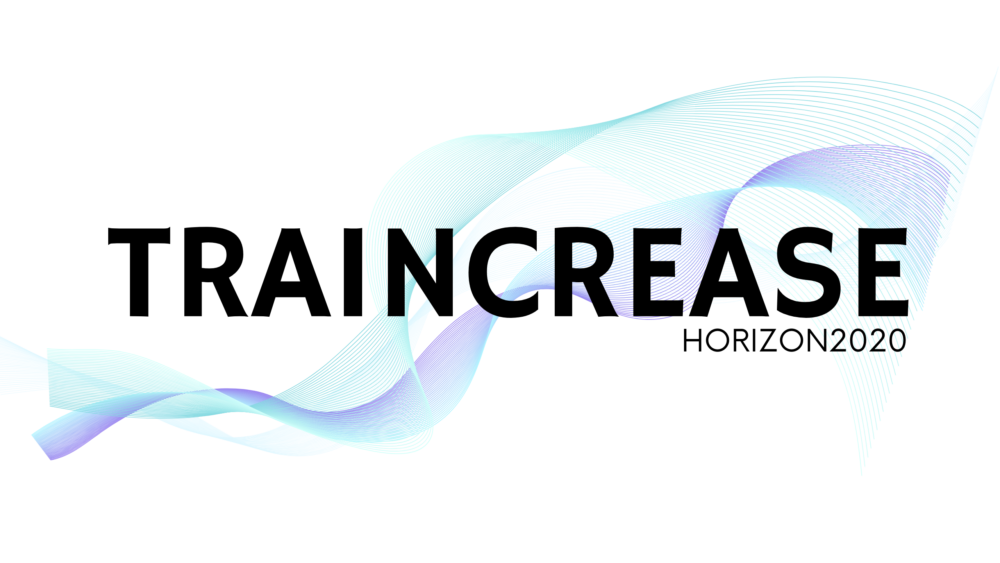Call #1: Theory (March 2021)
STATUS: CLOSED
Call for Theory Building Microtwinnings
Application Deadline: 30.04.2021
We started the project TRAINCREASE – From Social Interaction to Abstract Concepts and Words: Towards Human-Driven Technology Development with a Symposium, devoted to the recognition of the most important theoretical challenges for the development of the field. We
The main challenges include:
- Defining kinds and abstraction, especially in terms of differences in social processes leading to them. (For example: what kind of abstraction is needed for generalization? for conceptualizing relations? for formal systems?)
- Can the concept’s relationality be useful to introduce various types of grounding?
- Are emotions concrete, abstract, or a third kind of concepts (see research by Altarriba, Borghi, Ponari)? (For example: is “anger” an abstract concept or concrete: – strongly grounded in 1st person qualia? does it depend on perspective, the 1st-2nd-3rd being progressively more abstract?)
- Trace Vygotskyan process of language as a social tool. How is the language used as a tool in interaction and how it is then internalized? See e.g. Ed Baggs (2016); Rączaszek-Leonardi et al., 2018.
- Apply social interaction dimension (Possible later extensions to empirical work): a) to Larry Barsalou’s framework; b) to Ophelia DeRoy’s framework; c) to Louise Connell’s profiles.
- Which models currently used as models for cognitive processes are suitable for accounting for the “double directionality” of abstraction? (Deacon’s talk)
- What can be gained from considering abstraction and a process rather than a feature of a concept?
- How can spatial cognition aid in understanding abstraction?
- The role of language as inner speech in abstract concepts understanding – theoretical underpinnings and research motivations.
- Does operating in abstract domains require specific social interaction/coordination? Can it be seen on linguistics level (more alignment?) bodily synchronization levels? – theoretical underpinnings and research ideas.
- The role of inner speech for abstract and concrete concepts (e.g., usefulness of interference tasks; involvement of language and inner speech for number processing)
- Do abstract concepts elicit more prosocial behaviour than concrete concepts, because we need others to understand/negotiate their meaning?
We invite you to submit specific projects pertaining to the aforementioned themes identified as the most important for the development of the field of abstract concepts and words, especially in the context of human-driven technology development. In case of any questions: do contact us. It is advised to discuss the project idea with the Supervisors (Anna Borghi, <anna.borghi@uniroma1.it> Joanna Rączaszek-Leonardi <raczasze@psych.uw.edu.pl>) or the ESR’s Project Manager (Konrad Zieliński <konrad.zielinski@psych.uw.edu.pl>) prior to the submission.
Applications for Projects/Teams https://docs.google.com/document/d/1-HVHIB1Vz_htWMxKmwSkh-h4OlS7HcVarropILJtMcM/edit?usp=sharing
The filled form should be sent to traincrease.h2020@psych.uw.edu.pl by 30.04.2021.
Individual submissions
If you are an Early Stage Researcher i.e. Master or PhD Student from the partnering institutions, you can also sign up individually describing your skills and scientific interests. We may be able to match you with a project. In this case please register here: https://forms.gle/m6BnjY2dvcGc5y3UA
However, we cannot guarantee that the places for every individual applicant will be available.
